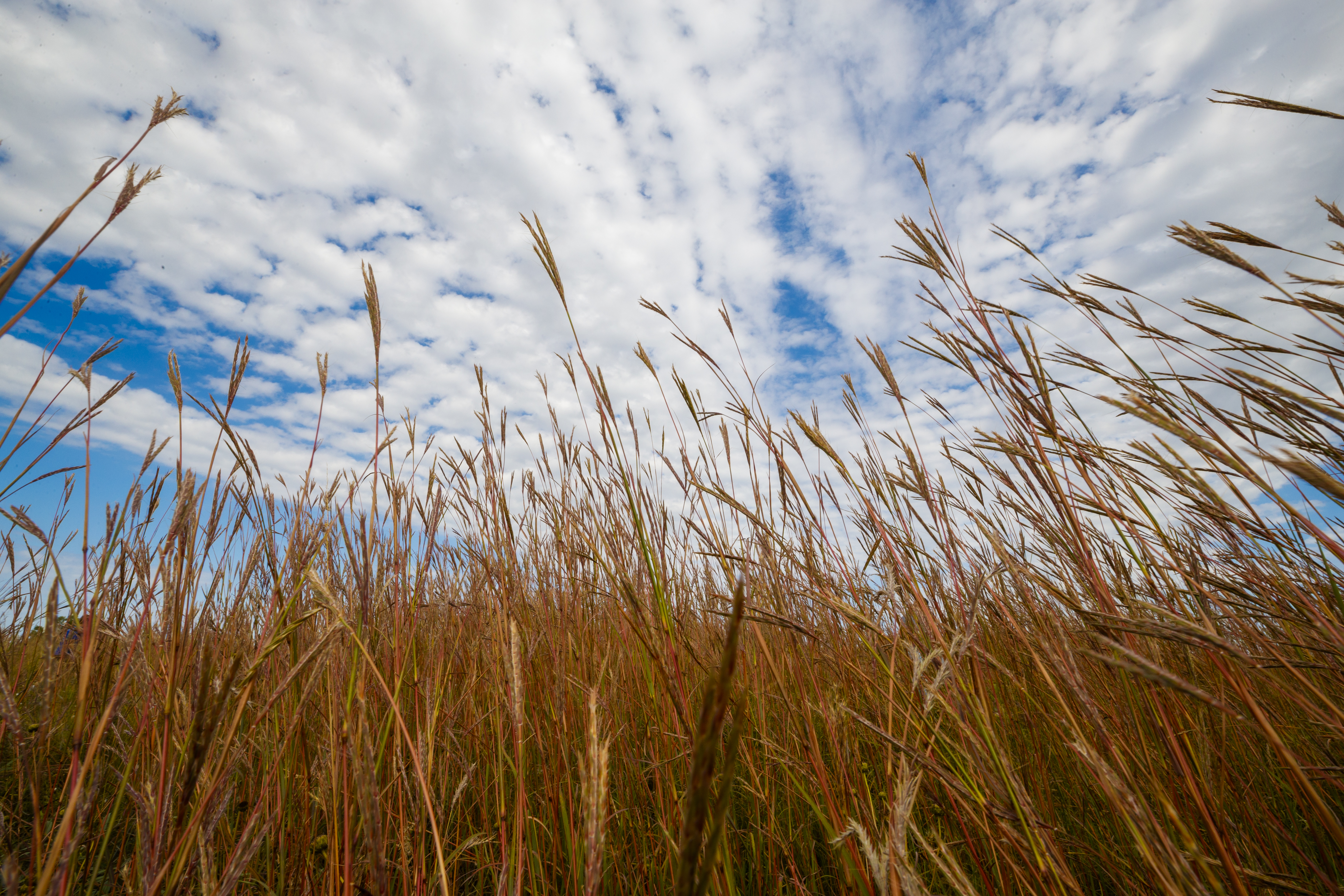
Archived Story: This article is part of our newsletter archives. It has
been preserved for reference, but the information may no longer be current.
The Nebraska Master Naturalist program, which provides volunteers with hands-on experiences in Nebraska’s natural resources, has announced three 2020 training sessions for the adult conservation education program.
Two training session types are offered. Complete training provides 60 hours of classroom content and field activities during a weeklong session. Those who complete the course achieve Master Naturalist status. Core training provides 24 hours of foundational classroom content and field activities that allow participants to achieve Master Naturalist In-Training status. Participants have until Jan. 1 of the following year to complete 36 hours of continuing education to earn their certification.
Training sessions are planned for:
- June 21-27 at Cedar Point Biological Station in Ogallala. Complete training at a cost of $450.
- July 5 to 11 at Cedar Point Biological Station in Ogallala. Complete training at a cost of $450.
- Oct. 2-3 and 9-10 at Schramm Education Center. Core 24 training at a cost of $150.
To register for training, visit naturalist.unl.edu.
Participants in the sessions explore Nebraska’s natural resource legacy alongside scientists, University of Nebraska faculty and natural resource professionals. They learn about habitat conservation, environmental education, conservation biology, ecology, outdoor skills and much more. For a complete description of course content, visit naturalist.unl.edu.
Master Naturalists are required to complete 20 volunteer hours and eight continuing education hours per year to maintain their certification. Education opportunities are organized and presented by the Nebraska Master Naturalist Program, program partners and other organizations that support the program’s mission.
Since the start of the program in 2010, more than 500 people have been trained as Master Naturalists and have contributed more than 84,000 hours of service to 7,000 projects. Their work in areas such as interpretation and outreach, resource conservation and management, outdoor skills and recreation, and citizen science research has been valued at more than $2 million.
The Nebraska Master Naturalist Program is supported by funds awarded from the Nebraska Environmental Trust, The Nebraska Game & Parks Commission and The University of Nebraska.
Natural Resources